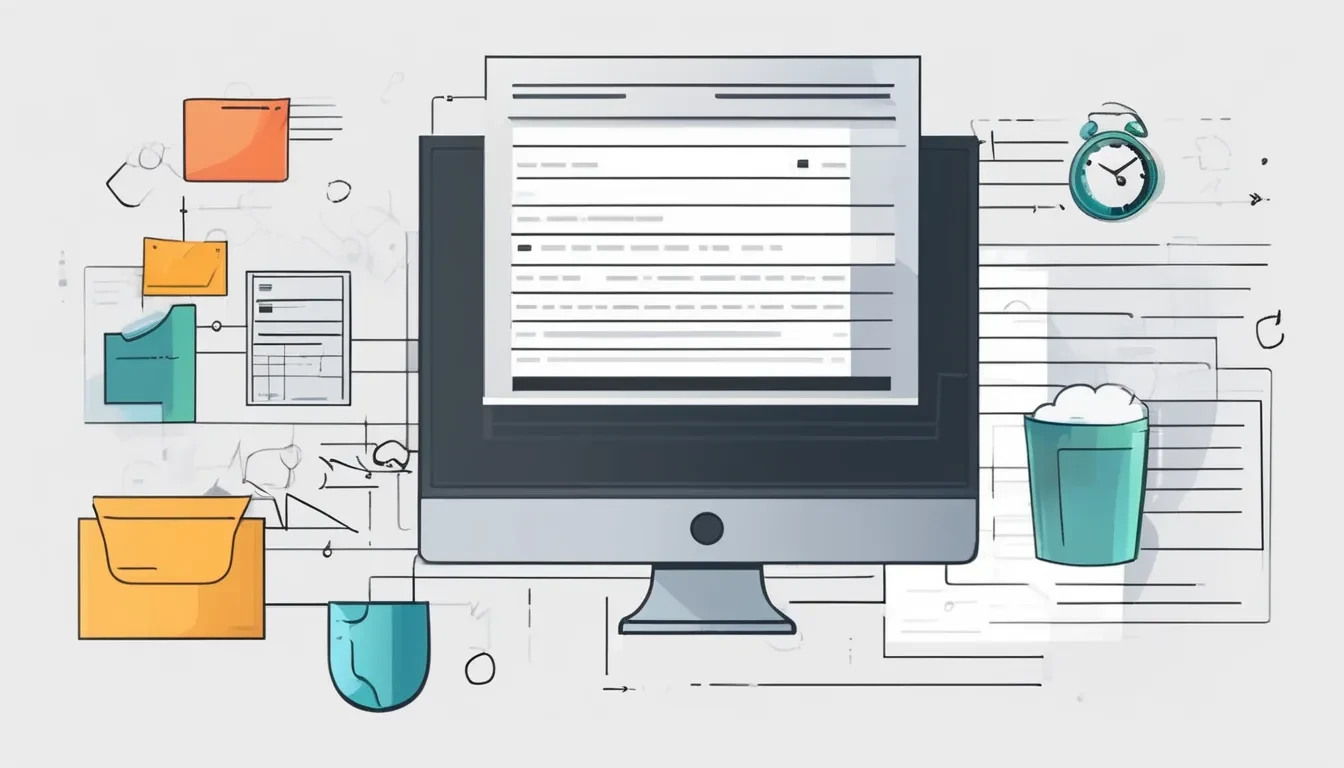
Unlocking the Power of Code: Essential Tips for Beginners in Programming
Unlock the power of coding with essential tips for beginners in programming. Start with a beginner-friendly language like Python, understand fundamental concepts, and practice problem-solving to build a strong foundation. Develop good coding habits by writing clean, readable code and testing your work regularly. Embrace continuous learning by exploring advanced topics and contributing to open source projects. Build small projects to apply your skills and gradually tackle more complex challenges. Follow these tips to enhance your programming journey and set yourself up for success in the world of coding.
Introduction:
Programming can be a transformative skill, opening doors to various career opportunities and enabling you to build innovative solutions. Whether you’re a complete beginner or looking to sharpen your skills, understanding the fundamentals and best practices of programming is crucial. This guide provides essential tips for beginners to help you navigate the world of coding and set a solid foundation for your programming journey.
1. Choose the Right Programming Language:
1.1. Start with a Beginner-Friendly Language:
• Tip: For newcomers, starting with a language that has a simple syntax and a large supportive community can make the learning process smoother. Python is a popular choice for beginners due to its readability and versatility.
• Action: Explore languages like Python, JavaScript, or Ruby for introductory programming. These languages offer a gentle learning curve and extensive resources.
1.2. Consider Your Goals:
• Tip: Your choice of programming language should align with your goals. Different languages are suited for various applications, such as web development, data analysis, or mobile app development.
• Action: If you're interested in web development, start with HTML, CSS, and JavaScript. For data science, consider Python or R. For mobile development, look into Swift (iOS) or Kotlin (Android).
2. Master the Basics:
2.1. Understand Fundamental Concepts:
• Tip: Building a strong foundation in basic programming concepts is essential. Focus on learning key topics such as variables, data types, control structures, functions, and algorithms.
• Action: Work through tutorials and exercises that cover these fundamental concepts. Practice writing simple programs to reinforce your understanding.
2.2. Practice Problem-Solving:
• Tip: Programming is as much about problem-solving as it is about writing code. Practice solving problems and writing algorithms to develop your logical thinking and coding skills.
• Action: Use platforms like LeetCode, HackerRank, or CodeSignal to practice coding problems and challenges. Start with easy problems and gradually tackle more complex ones.
3. Develop Good Coding Habits:
3.1. Write Clean and Readable Code:
• Tip: Writing clean, readable code is important for maintainability and collaboration. Follow best practices such as using meaningful variable names, consistent indentation, and clear comments.
• Action: Review your code for readability and use tools like linters to check for style and formatting issues. Refactor code as needed to improve clarity.
3.2. Test Your Code:
• Tip: Testing is crucial for ensuring that your code functions correctly and reliably. Learn to write and run tests to catch errors and validate your code’s behavior.
• Action: Implement unit tests and use testing frameworks relevant to your programming language. Regularly test your code during development to identify and fix issues early.
4. Embrace Continuous Learning:
4.1. Explore Advanced Topics:
• Tip: As you gain confidence with the basics, start exploring more advanced programming topics such as data structures, algorithms, and design patterns.
• Action: Read books, take online courses, or attend workshops to deepen your knowledge and skills. Apply advanced concepts to real-world projects to gain practical experience.
4.2. Contribute to Open Source:
• Tip: Contributing to open source projects is a great way to gain experience, collaborate with others, and improve your coding skills.
• Action: Find open source projects on platforms like GitHub that align with your interests. Start by tackling small issues or improving documentation before moving on to more substantial contributions.
5. Build Projects:
5.1. Start Small:
• Tip: Begin by working on small projects that interest you. Building simple applications or tools will help you apply what you’ve learned and gain practical experience.
• Action: Create projects like a personal blog, a to-do list app, or a weather dashboard. Focus on completing projects that are achievable and meaningful to you.
5.2. Scale Up Gradually:
• Tip: As you become more comfortable with programming, take on more complex projects that challenge your skills and push you to learn new technologies.
• Action: Build larger applications, explore frameworks and libraries, and integrate external APIs. Gradually increasing the complexity of your projects will help you grow as a developer.
Conclusion:
Embarking on a programming journey can be both exciting and challenging. By choosing the right language, mastering the basics, developing good coding habits, embracing continuous learning, and building projects, you can set yourself up for success. Remember that programming is a skill that improves with practice and experience. Stay curious, keep coding, and enjoy the process of creating and problem-solving.



0 Comments